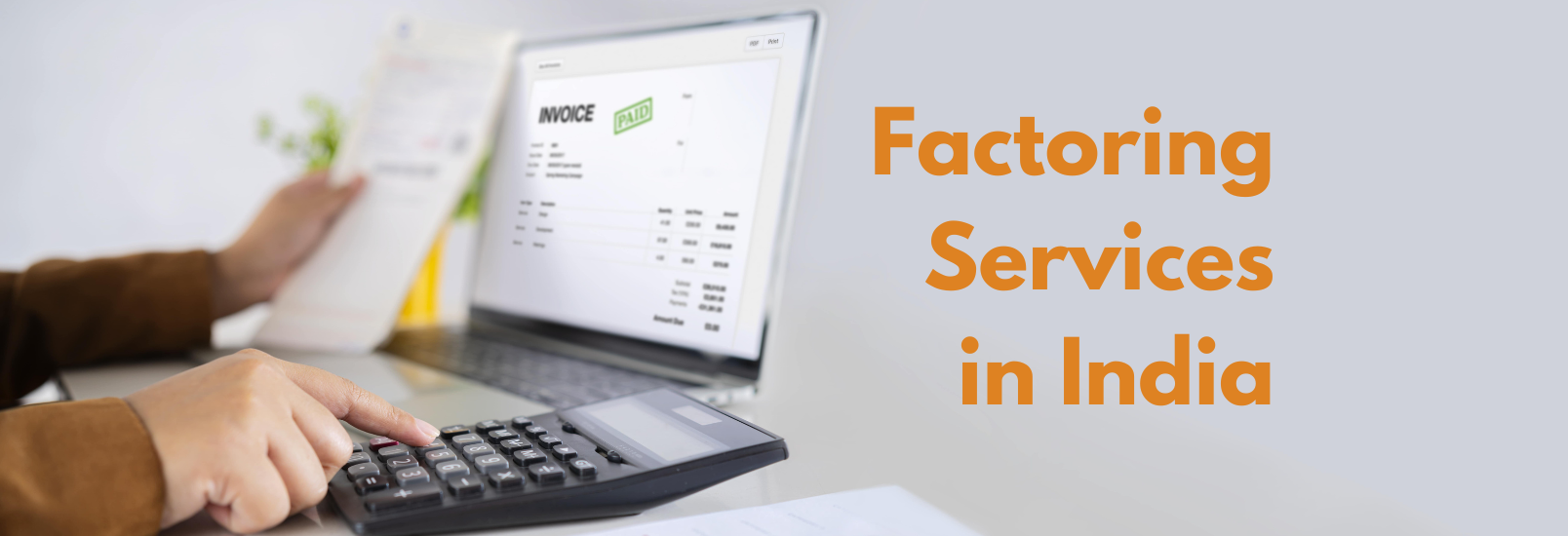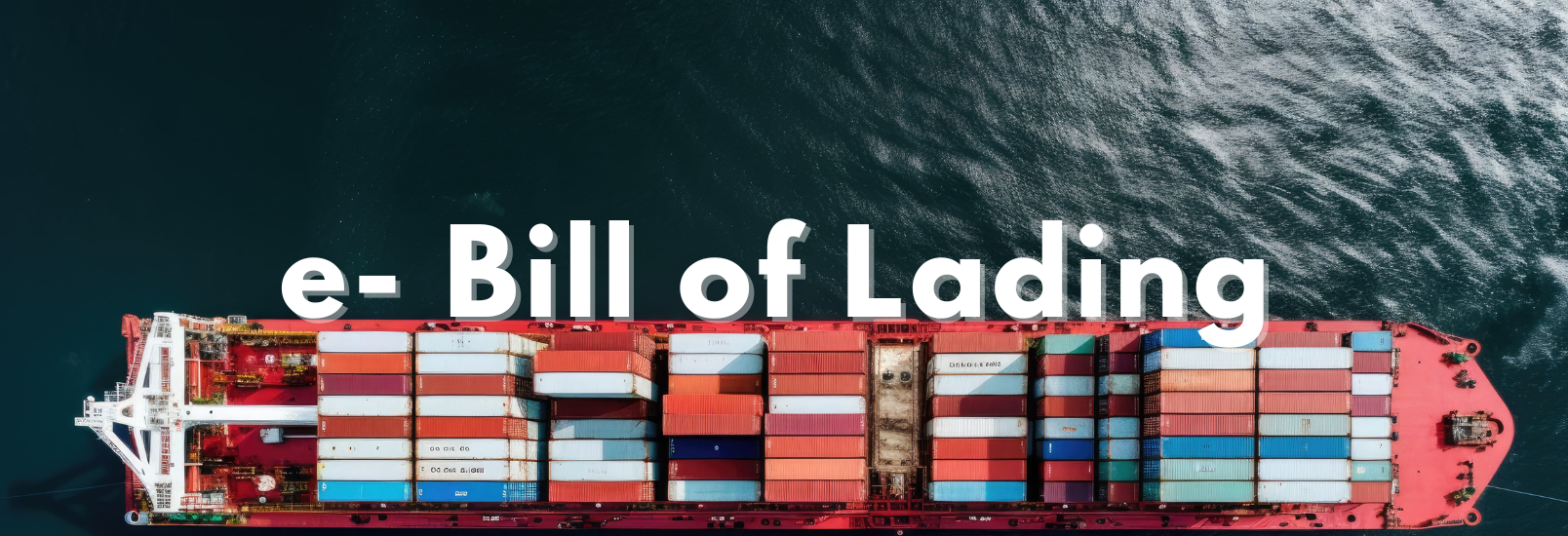The solar industry is rapidly expanding, driven by the global shift towards sustainable energy. However, with this growth comes the challenge of managing commercial business-to-business (B2B) debts. Unlike loans, where recovery processes are well-defined, managing unpaid invoices, delayed payments, and bad debts in B2B transactions requires a unique approach. This article explores the nature of commercial B2B debts in the solar industry and outlines strategies to address them effectively.
In 2024, corporate funding for the global solar sector declined by 24%, totaling $26.3 billion. Debt financing specifically saw a 6% decrease, amounting to $18.8 billion—a concerning trend for an industry pivotal to the global energy transition. In this evolving financial landscape, managing and recovering outstanding debts has become more critical than ever for businesses operating in the solar sector.
The solar industry operates on complex financial structures involving large-scale projects, long-term payment cycles, and multiple stakeholders. Some of the key factors contributing to commercial debts in the sector include:
Unlike loan recovery processes, where legal frameworks are well-established, B2B debt recovery poses unique challenges in the solar industry:
To minimize and manage commercial debts in the solar industry, businesses can adopt the following approaches:
1. Proactive Credit Management:
2. Streamlined Invoicing and Payment Processes:
3. Clear Contractual Terms:
4. Dispute Resolution Mechanisms:
5. Engage Professional Debt Management Services:
6. Insurance Solutions:
Commercial B2B debts in the solar industry are an inevitable part of doing business in a dynamic and capital-intensive sector. By adopting strategic financial practices, fostering transparent communication, and leveraging professional debt management services, businesses can ensure healthy cash flow and maintain robust relationships with their partners.
The key is to approach debt management not as a punitive measure but as a collaborative effort to safeguard the interests of all stakeholders in the solar value chain.
References:
(i) https://energy.economictimes.indiatimes.com/news/renewable/global-solar-sector-funding-falls-24-to-26-3-billion-in-2024-report/117452477
(ii) https://asian-power.com/news/solar-energy-funding-down-24-in-2024
(iii) https://ieefa.org/sites/default/files/2023-08/IEEFA_JMK_Rooftop%20Solar%20Commercial%20and%20Industrial%20Market_August%202023.pdf









